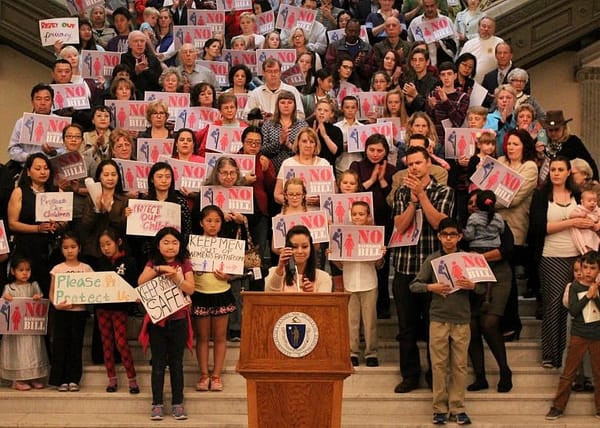Barred from the bar for being conservative

Conservative drinkers be warned; sharing your right-of-center beliefs in Boston bars is now sufficient to get you thrown out.
There is a bar around the corner from my office that I enjoy (make that, used to enjoy) frequenting after work on occasion. A somewhat consistent patron, I get along with the regulars, I always leave a proper gratuity, and I enjoy conversing with a multitude of people on a plethora of subjects. Evidently however, one of these subjects went too far.

